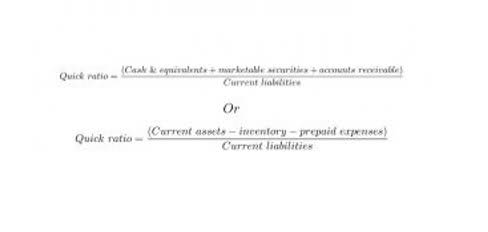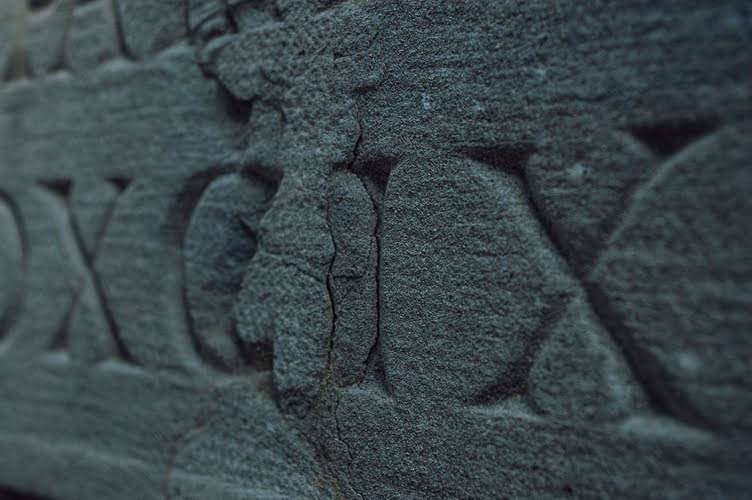What Is an Outstanding Check? Everything You Need to Know Explained Simply
This will help you identify any discrepancies and ensure that all outstanding checks have been accounted for. Implementing these strategies can greatly reduce the risk to cash flow stability posed by outstanding checks, keeping financial management on track and reliable. For individuals, the risk lies in overspending and the potential for overdraft fees should the outstanding check be presented for payment unexpectedly. If you’ve issued an outstanding check, you need to monitor your account. The money to cover the check must be available when your recipient deposits the check. An outstanding check is a check that a payee has not deposited or cashed.
Potential for Overdrafts and Insufficient Funds
In our modern digital world, most of our financial actions are electronic. But, the old-fashioned paper checks are still used in many places. Even though they seem simple, checks have specific terms and rules that can be confusing at times. One such term that often arises in the world of banking and bookkeeping is the “outstanding check.” But what does this mean?
- The amount of outstanding checks is sometimes referred to as float.
- Teach money lessons at home with Greenlight’s $mart Parent newsletter.
- This compensation may impact how and where products appear on this site.
- Keeping track of multiple uncashed checks over a long period of time makes it easier to accidentally spend the money that was set aside for a check and incur overdraft fees.
- If you’ve issued a check that remains outstanding, it’s good practice to follow up with the recipient.
Banking With SoFi

Typically, a payor writes a check to a payee and the payee deposits the check. Whether you have a traditional or an online bank account, you can typically make a mobile check deposit with just a few clicks on your phone. If a check was issued to you and it’s still outstanding after six months, contact the check issuer and request a replacement. As mentioned above, you may need https://www.bookstime.com/ to return the original check or sign documents confirming the check is lost or destroyed. If you cannot find the issuer, consult your state’s abandoned property program to claim assets. Proper management of outstanding checks involves tracking, reconciliation, timely communication, and ensuring sufficient funds are available to honor the checks when presented for payment.
- Investing in alternative assets involves higher risks than traditional investments and is suitable only for sophisticated investors.
- Outstanding checks are significant in bank reconciliation since they can cause discrepancies between your bank balance and your own financial records.
- Instead, electronic cash payment methods, such as Zelle®, take the money out of your account faster.
- Even though they seem simple, checks have specific terms and rules that can be confusing at times.
- The best way to keep track of outstanding checks is to regularly review your bank account statements and reconcile them with your checkbook or budgeting software.
The Importance of Tracking Outstanding Checks
Besides the liability it creates, the payor may forget that they wrote the check and spend money allocated for the check. When the payee cashes the check, and their bank tries to pull funds from the payor’s account, the payor will get hit with an overdraft or non-sufficient funds (NSF) fee. The payor can void these fees using overdraft protection on their checking account.
Like business checks, personal checks are generally considered invalid after six months (180 days). Outstanding personal checks can cause budgeting problems, but you may have an easier time reminding a friend or family member to cash a check than a business payee. Businesses must track income, expenses, and accounts payable.

Put the date of the check, the amount, the payor, and the check number in your ledger that came with the checkbook. If you use a digital budgeting tool or bookkeeping software, indicate this on the line item for the transaction, as well. • One of the major ones is that it bounces by the time an attempt is made to deposit it. This is one of the reasons why knowing what to do if a check bounces is important. • Reach out to the bank to confirm its policy on old or expired checks. • Reach out to the payee and ask what happened to the outstanding check.
- A check that was written moments, weeks, or even months ago is considered outstanding if it has not yet been cashed or deposited.
- There are actually some benefits to have checks outstanding as well, though.
- Checks that remain outstanding for long periods of time can’t be cashed, as they become void.
- The payee’s bank will then reject the check due to not sufficient funds, and will charge the payee a fee.
- However, having to cancel or put a stop payment on a check can be costly.
- Outstanding personal checks can cause budgeting problems, but you may have an easier time reminding a friend or family member to cash a check than a business payee.
Banks With Completely Free Checking and No Minimum Balance in June 2024
Keep track of it and contact the payee if you suspect they’ve forgotten or misplaced the check. If you’ve received an outstanding check, deposit or cash it promptly. The check may also be outstanding checks delayed if the issuing entity puts off mailing the check for any reason. The validity period for a check often depends on whether it’s a personal check, business check or cashier’s check.



